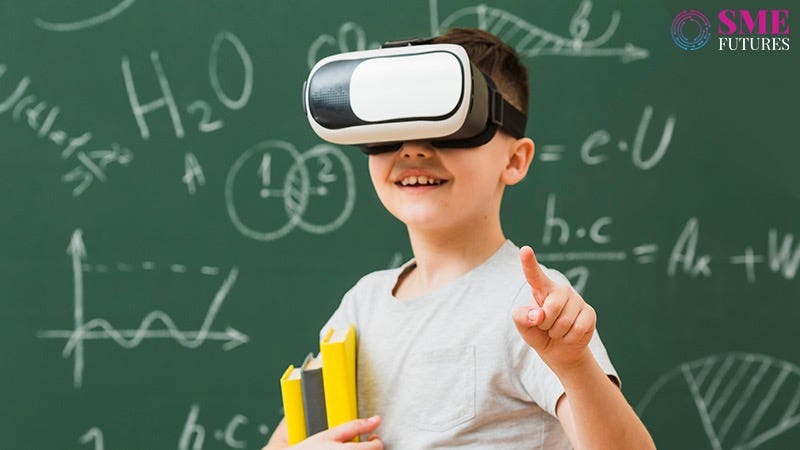Beyond the Degree: Ideas That Transcended Classroom Walls

Embarking on the journey of higher education is undoubtedly transformative, yet some of the most profound lessons in life come not from lecture halls but from the wisdom found beyond the confines of a degree. In this blog post, I share ideas that have taught me more than my college education, sparking insights and shaping perspectives that extend far beyond the academic realm.
1. The Art of Resilience: While academia equips us with knowledge, it is life’s challenges that teach us resilience. The ability to bounce back from setbacks, adapt to change, and find strength in adversity is a lesson no textbook can fully capture.
2. Cultivating Emotional Intelligence: Understanding and managing emotions, empathizing with others, and navigating social complexities are skills often honed outside the classroom. Interpersonal experiences, relationships, and moments of vulnerability teach us the nuances of emotional intelligence that go beyond academic theories.
3. Travel as the Greatest Teacher: Exploring different cultures, meeting diverse people, and stepping outside the familiar is an education in itself. Travel exposes us to perspectives unattainable within the confines of textbooks, fostering a global awareness that enriches our understanding of humanity.
4. The Power of Networking and Relationships: Building meaningful connections and networking effectively are skills that extend beyond the academic bubble. Real-world interactions teach us the importance of authenticity, communication, and the value of nurturing professional relationships.
5. Failure as a Stepping Stone: Failure, often feared in academic settings, is an invaluable teacher in the school of life. Embracing failure as a stepping stone to success, learning from mistakes, and persisting in the face of challenges are lessons that transcend the structured environment of academia.
6. Entrepreneurial Mindset: The entrepreneurial spirit of identifying opportunities, taking risks, and learning from experimentation is a mindset cultivated through hands-on experiences. It teaches adaptability, resourcefulness, and the ability to turn challenges into opportunities.
7. Lifelong Learning Beyond the Classroom: The thirst for knowledge should not be confined to a degree. Embracing a mindset of lifelong learning, seeking out new information independently, and staying curious are habits that continue to teach long after the graduation cap has been tossed.
8. Understanding the Power of Empathy: Empathy, often undervalued in traditional education, is a cornerstone of understanding the human experience. Life’s varied encounters, personal struggles, and moments of shared joy teach us the depth of empathy, fostering compassion and connection.
Conclusion:
As the ink dried on my diploma, I realized that some of the most profound lessons influencing my life journey were not confined to textbooks or lecture notes. Beyond the degree lies a vast classroom where resilience, emotional intelligence, travel, failure, and the pursuit of lifelong learning become the profound ideas that shape a truly holistic education — one that extends far beyond the walls of academia.
Comments
Post a Comment